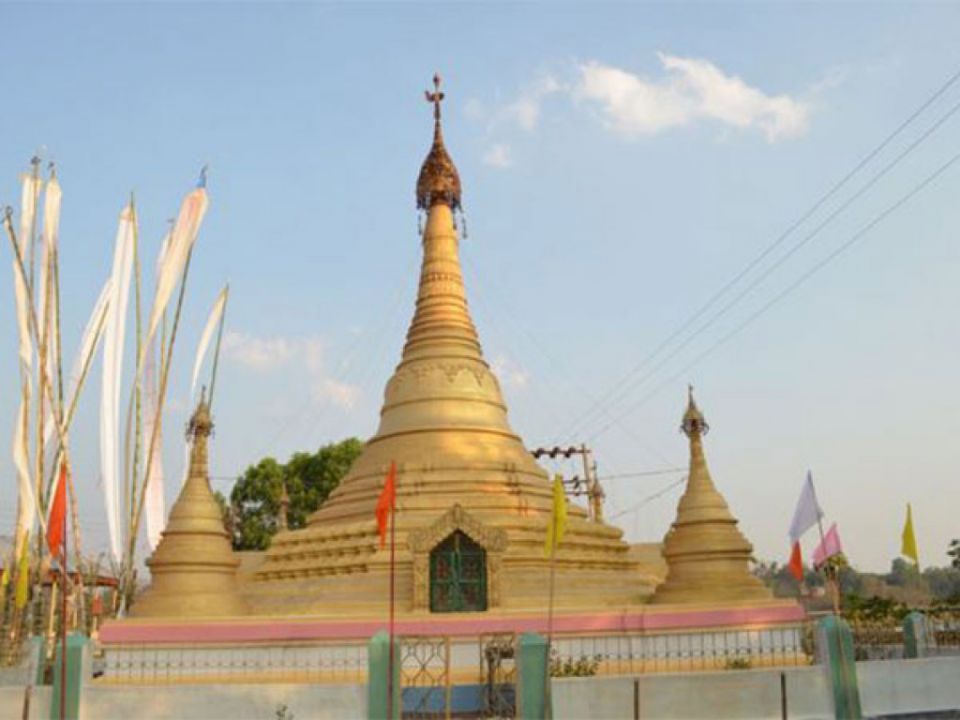
The northeastern state of Tripura harbours a hidden past. Beneath its verdant landscape lies a trove of archaeological remains and historical accounts that reveal the once-thriving Buddhist heritage of this region.
The story of Tripura's Buddhist past is a tale of cultural triumph, decline, and modern efforts to revive its legacy.
At its zenith, Tripura was a stronghold of Buddhism.
From the 7th to the 12th century, the region was a flourishing centre of learning and art.
Monasteries, temples, and stupas dotted the landscape, attracting scholars and pilgrims from far and wide. The Manikya dynasty ruled the kingdom, who embraced and patronized the Buddhist faith.
The Pilak archaeological site stands as a testament to the region's Buddhist roots.
Excavations in the area have unearthed artefacts such as terracotta plaques, stone carvings, and sculptures, many depicting scenes from the life of the Buddha.
These works of art are not only exquisite in their craftsmanship but also serve as a poignant reminder of a lost heritage.
So, what happened to the once-thriving Buddhist culture in Tripura? The decline began with a gradual shift in religious and cultural focus. Between the 12th and 15th centuries, the Manikya rulers converted to Hinduism and adopted the Bengali language.
The decline was further exacerbated by invasions from neighbouring regions and the arrival of European colonizers.
The once-magnificent monasteries and temples fell into disrepair, and the teachings of the Buddha slowly faded from the collective memory of the people.
However, in recent years, there has been a resurgence of interest in Tripura's Buddhist past.
Scholars and archaeologists are now working diligently to uncover the hidden secrets of this bygone era. Aided by modern technology, they have made significant discoveries, such as the recent unearthing of a 1,000-year-old Buddhist stupa in Boxanagar.
The revival of Tripura's lost Buddhist heritage is not limited to academia.
Efforts are being made to bring this knowledge to the people through various initiatives.
Artisans are learning the ancient techniques used to create the region's iconic sculptures, while local museums and cultural centres are showcasing the artefacts and sharing the stories of the past with a new generation.
The efforts to revive Tripura's Buddhist legacy are not only a homage to the region's history but also a celebration of its cultural diversity.
As we listen to the whispers of the past, we are reminded of the rich tapestry of human experience that has shaped our world.
In the face of adversity, the people of Tripura have held on to their history, cherishing it and keeping it alive.
The story of the lost Buddhist heritage of Tripura is a testament to the resilience of the human spirit and the power of cultural preservation.
With each new discovery, the echoes of the past grow louder, and the once-forgotten Buddhist culture of Tripura is slowly being brought back to life. (ANI)












